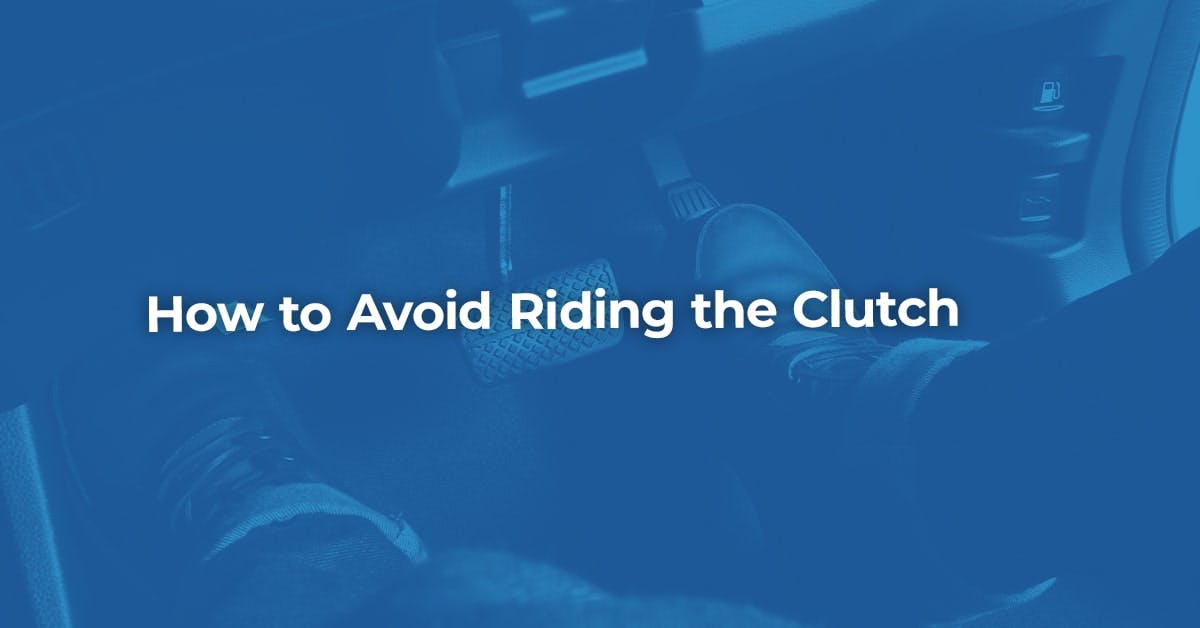Riding the clutch every now and then probably won’t cause any lasting damage, but doing this consistently can cause your clutch to wear out prematurely.
Read on and find out if riding the clutch can damage your car, why people do this, and how you can avoid riding the clutch.
Page Contents
How Can I Stop Riding the Clutch?
If you have noticed that you are riding the clutch often, then there are a few things you can do to break this habit.
If you tend to rest your foot on the clutch pedal, then you are most likely sitting too close to the pedals.
You can adjust your seat position further back to give yourself more space.
Try and take your foot off the clutch pedal once you have changed gear and rest it on the footrest to the left of the clutch pedal instead.
This can help to ensure that you don’t inadvertently depress the clutch.
Alternatively, you could buy a car with an automatic or semi-automatic gearbox.
This will give you more foot space, meaning you'll never have to worry about riding the clutch.
What Does 'Riding the Clutch' Mean?
If you keep your foot on the clutch pedal for an extended period of time whilst driving a car with a manual transmission, then you could be riding the clutch without realising.
Riding the clutch means that you are putting a bit too much pressure on the clutch pedal, but you aren’t pressing it down all the way.
The clutch plates are barely separating – allowing some friction and movement to occur – which can cause premature plate wear.
You will be able to tell that you are riding the clutch if you notice a burning smell coming from the clutch plates as they slip on the gearbox shaft.
You should adjust your footing if so.
How Do I Know I'm Riding My Clutch?
You are riding your clutch any time the clutch pedal is between fully depressed and fully released - expect when shifting or accelerating.
When Might You Ride the Clutch?
Riding the clutch is a common habit amongst learner drivers, but any driver can ride the clutch without realising.
You might ride the clutch in stationary traffic rather than switching your car into neutral.
This can cause your clutch to wear out prematurely.
Will Riding the Clutch Damage My Car?
Riding the clutch can cause premature wear and tear to the clutch disc, pressure plate, and release bearing.
It can also lead to reduced fuel efficiency.
Most warranty providers don’t include clutches in their warranty guarantees – meaning you could be in for a costly repair if you ride your clutch regularly.






